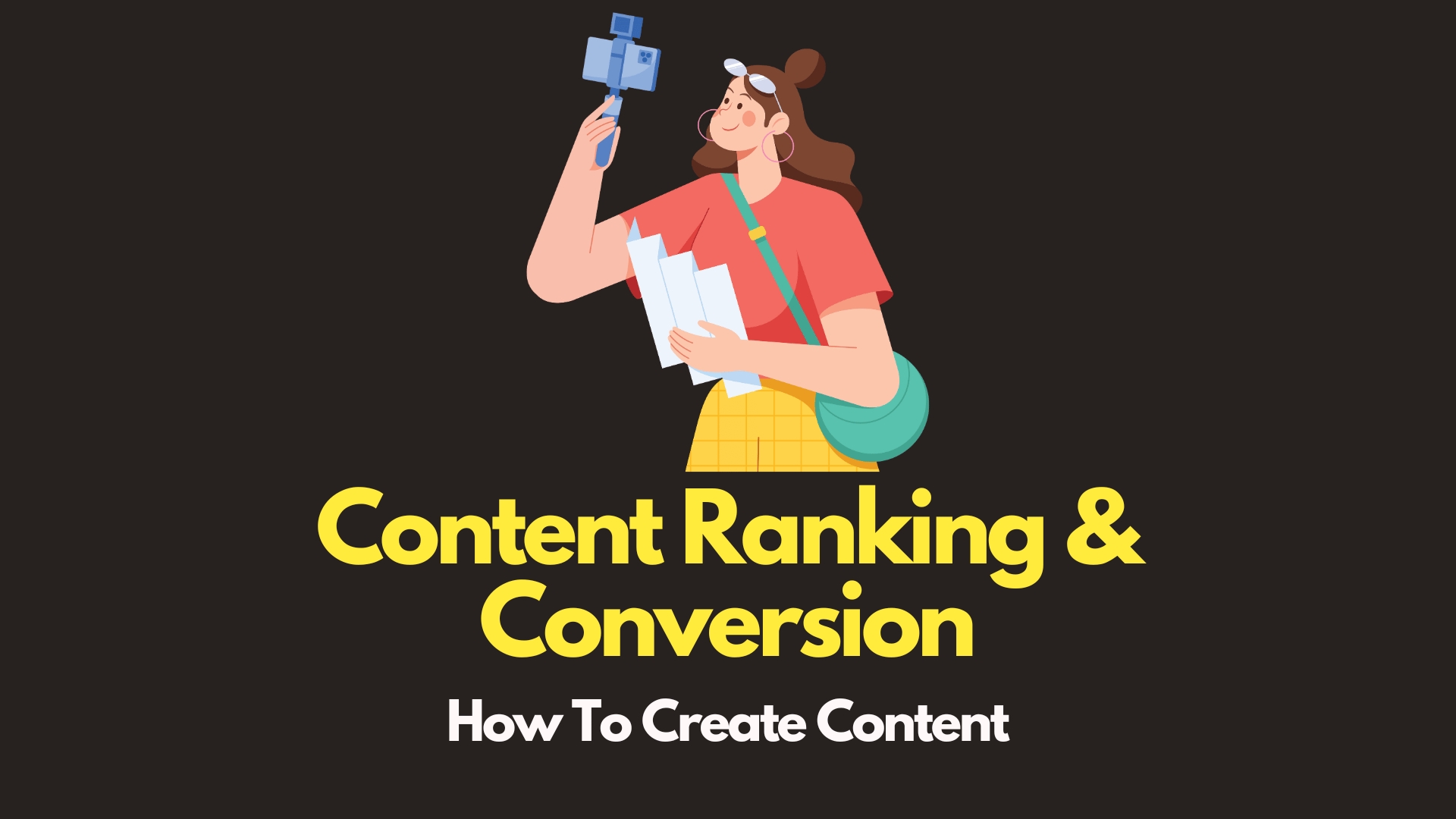Published
- 3 min read
SEO and Consumer Psychology: Crafting Content that Ranks and Converts

Key Takeaways
- SEO and Consumer Psychology: Merging SEO strategies with consumer psychology can significantly enhance content marketing efforts.
- Consumer Behavior: Understanding how consumers think and behave is crucial for creating content that resonates and converts.
- Rank Signaling: Using consumption as a means to signal social rank can inform content creation for targeted demographics.
- Customization: Tailoring content to match consumer psychology can improve engagement and conversion rates.
- E-commerce: Adapting marketing strategies to the e-commerce landscape requires an understanding of digital consumer psychology.
Introduction
In the digital age, the fusion of SEO strategies and consumer psychology has become a linchpin for businesses aiming to thrive online. By comprehensively understanding how consumer behavior influences online engagement, companies can create content that not only ranks well on search engines but also resonates with their audience. This article delves into the intricacies of merging SEO with the nuanced understanding of consumer psychology.
The Psychology of Consumer Behavior
Consumer behavior is a complex tapestry woven from the threads of psychological triggers, emotional responses, and social influences. It is the study of how individuals make decisions to spend their available resources on consumption-related items, including what they buy, why they buy it, when, and where.
In the realm of SEO, tapping into this behavior means creating content that not only meets the technical requirements of search engines but also addresses the motivations and desires of the consumer. For instance, understanding the psychology of discounts can help craft compelling sales copy that drives action.
Social Rank and Consumption
One aspect of consumer psychology is how individuals use consumption to signal their social rank. Products and services often serve as symbols of status, and by recognizing this, marketers can create content that appeals to the aspirational nature of consumers. For example, luxury brands often leverage this by highlighting exclusivity and prestige in their SEO content to attract a particular demographic.
The Digital Goods Rankings and Consumer Psychology
Digital goods and services require a different approach. The internet has introduced new ranking systems, such as reputation, consumption behavior, and purchase intention rankings. Understanding how these rankings correspond with various consumer psychology groups is essential for personalizing the digital experience.
SEO and the E-Commerce Operation Mechanism
E-commerce has revolutionized the way businesses approach marketing. Traditional marketing strategies have been disrupted by the need for a robust online presence. SEO is the backbone of this presence, ensuring that content is discoverable by search engines. However, it’s the integration of consumer psychology that transforms SEO from a technical task to a strategic one.
For example, the impact of social media on teen shopping trends demonstrates the necessity of creating SEO content that also considers the unique psychological factors influencing this demographic.
Practical Applications of Consumer Psychology in SEO
- Content Personalization: By segmenting your audience based on their psychological profiles, you can create personalized content that speaks directly to their needs and desires.
- Emotional Triggers: Leveraging emotional triggers in email marketing can increase open rates and engagement.
- Social Proof: Incorporating elements of social proof in digital marketing can enhance credibility and trust.
- Scarcity and Urgency: Using scarcity and urgency as marketing tools can create a sense of immediacy that encourages quick decision-making.
- Storytelling: Storytelling in digital marketing can connect with consumers on a deeper level, making your brand more memorable.
Conclusion
In conclusion, merging SEO strategies with an understanding of consumer psychology is not just about optimizing for search engines; it’s about optimizing for the human element. By creating content that aligns with the psychological factors that drive consumer behavior, marketers can craft a more effective and meaningful online presence. As we continue to navigate the digital landscape, the synergy between SEO and consumer psychology will undoubtedly become more intertwined, shaping the future of content marketing.